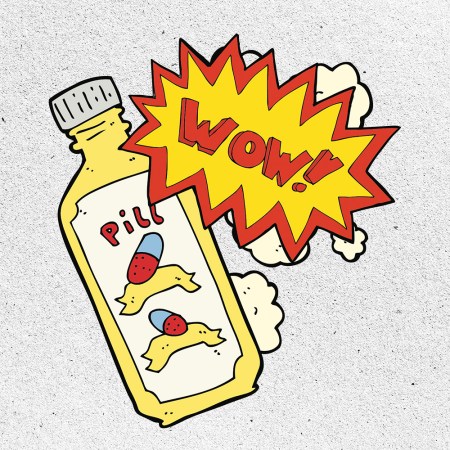For decades, post traumatic stress disorder in soldiers went by a variety of colloquial nicknames.
It was “shell shock,” “battle fatigue,” “war nerves,” or “combat neurosis.” It wasn’t until 1980 that PTSD was recognized as a legitimate disorder by the American Psychological Association. Why did it take so long? Well, neuroscientists needed time to identify the brain signatures that exhibit condition, while society needed time to shed stigmas around mental health issues — and especially those suffered by its veterans.
But while PTSD is now a household name, replacing all those old and clunky phrases, another similar condition has had trouble finding widespread acceptance and understanding, despite the fact that it was coined in the 1990s. That would be “moral injury,” recently defined by Scientific American as “a specific trauma that arises when people face situations that deeply violate their conscience or threaten their core values…far more devastating than most people realize.”
As with PTSD, deployment in warzones carries a high association with moral injury. In battle (and even the modern sort, which can takes place from control pads, thousands of miles away), servicemen and women must sacrifice the lives of civilians, or those of their colleagues, in the name of completing a mission. Warfare consistently exposes them to events, behaviors, attitudes and images that rock them to their moral core. And those experiences tally up, truths that they once held sacred (e.g. “The world is more or less a good place,” or, “I am more or less a good person,”) are flung into question.
Moral injury isn’t just limited to the military, either. Anyone forced to make decisions in high-stakes situations (or sitting in a front row to such decision-making) is susceptible to the guilt, hopelessness and dissociation that are typical of moral injury. The most obvious example from the last two years would be healthcare personnel and other frontline workers who only had so many beds to treat patients at the peak of the pandemic and routinely made impossible judgments on who/when/why to treat one person over the other.
Not making their jobs any easier? The fractured response to COVID safety measures by many Americans, which saw first responders mocked or cursed out for their simple effort to reduce the spread and keep people safe.
What does that sort of experience do to someone? For starters, it has a biological impact on the brain. Decades of research have revealed irregularities in the part of the brain that “governs moral judgments,” suggesting that those who suffer from moral injury lose their grasp on morality…both in response to things they’ve had to do, and things that have been done to them.
Moral injury can affect teachers, social workers, lawyers, prisoners, employees at a company engaging in dubious or destructive business practices, what have you. Anyone facing “ethically wrenching dilemmas” is susceptible to what Scientific American has dubbed “an invisible epidemic.” And while moral injury may feel reminiscent of PTSD (it also puts its victims at a higher risk of depression and suicide), researchers maintain that co-occurrence is possible, but they are distinct conditions.
One inroad for understanding the difference is in looking at how the conditions are treated. PTSD is generally a reflection of the brain’s longterm damage from being in danger — years later, patients may learn to process and make peace with specific synesthetic details, which are designed to place them back in the exact event or time period where the initial damage occurred.
With moral injury, though, patients require more spiritual strategies (one is a method called “adaptive disclosure”), in which professionals appeal to self-repair through forgiveness, restoration and liberation. It’s impossible to go back and change what happened, but by naming their shadows and discussing them (often in group settings), patients can start to heal.
Whether you’re looking to get into shape, or just get out of a funk, The Charge has got you covered. Sign up for our new wellness newsletter today.


















